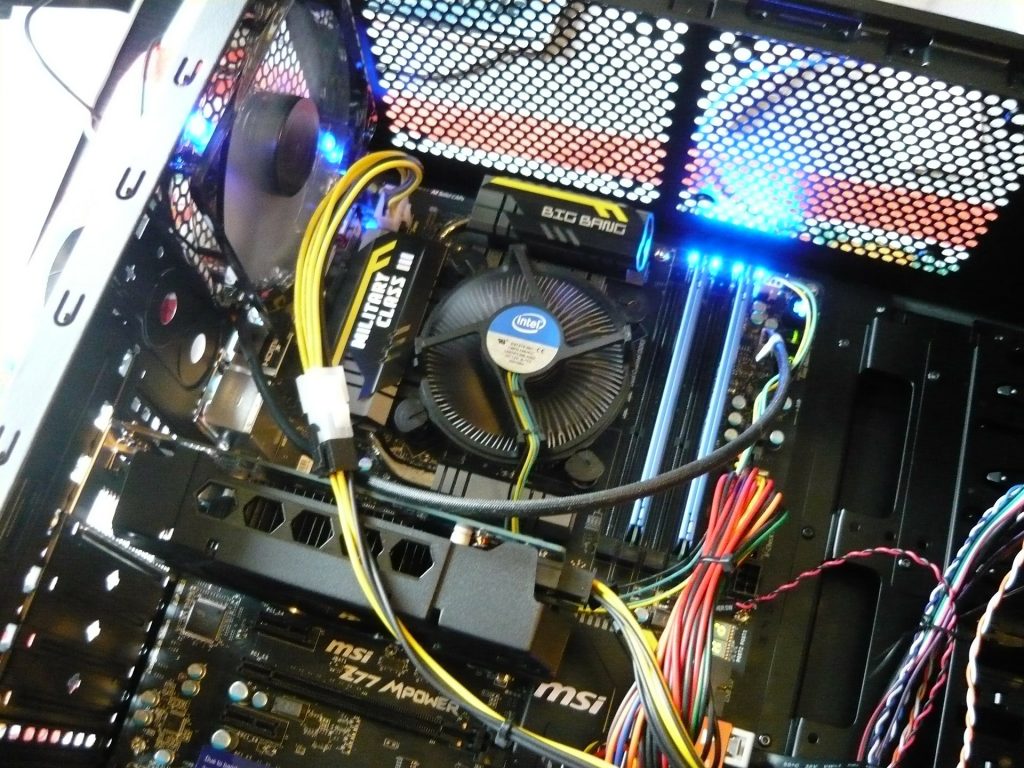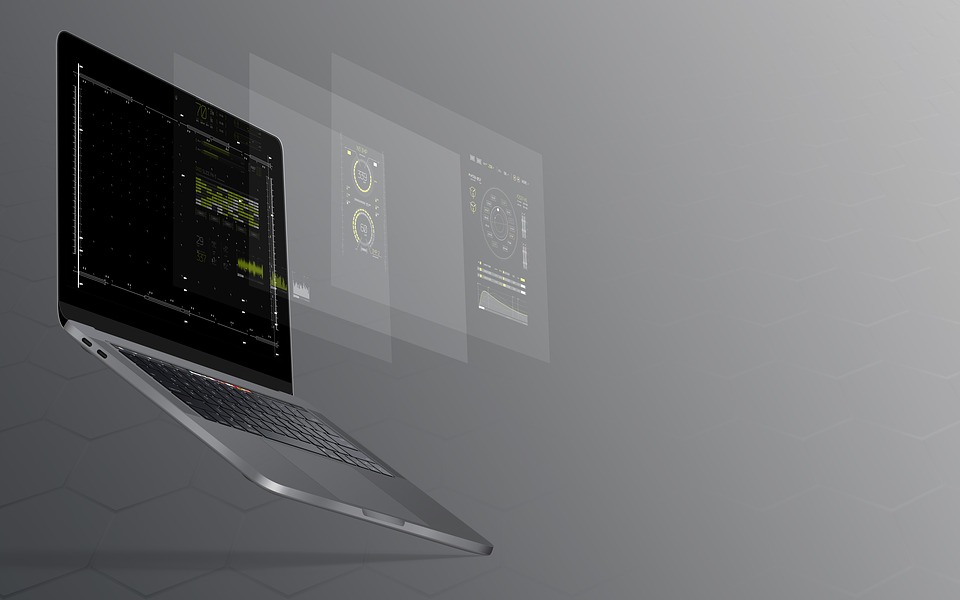
As eBay sensibly notes in its purchasing guide, “that the CPU will restrict how quickly anything can happen in the computer system.” That is an important fact to bear in mind when deciding on a chip for your PC. Even though Central Processing Units play a significant part in finding out how fast machines, additional variables also help form your daily work experience.
Processor Rate
A fantastic way to understand how a processor works is to imagine that your task will be to let a thousand individuals how to perform their tasks. The quicker you can do this, the quicker everyone functions. Computer chips, chips or chips, function in an identical manner. A chip provides the directions that numerous programs and procedures will need to execute their tasks. The quicker it does this, the quicker a computer functions. Faster computers frequently translate into improved efficiency and productivity. Computers onboard Apollo 11 in 1969 were stronger than a mobile phone. Now, technological advances in processors making it feasible for computers with faster chips to run apps, play videos, and float through complicated calculations at impressive rates.
Processors and Other Computer Components
Your chip also communicates with other household parts, like memory and the hard disk. As these elements operate together, a slow drive can try to run slowly even though your pc has an extremely fast chip. Random Access Memory, or RAM, shops information that programs require. Windows and other programs transfer data into memory and then read it back regularly. If your RAM writes and reads information gradually, that will also slow down your computer.
Clock Rate
It could be tempting to purchase a chip since it promotes a quick clock rate. But, clock rate, as Computer Programmer notes “is just marginally helpful in estimating how ‘quickly’ that a CPU is.” That is because a processor’s cache, architecture, and other variables also affect your computing rate. Clock speed denotes the number of cycles a processor executes each second. A cycle is a component of measurement through which a processor executes instructions. If you find a chip that has a score of 3.1 GHz, it functions in 3.1 billion cycles per minute.
Cores vs. Speed
A chip’s core count could be more significant than its rate. You might have observed the phrases dual-core or quad-core if reviewing chips. A dual-core processor is composed of 2 chips as a quad-core processor includes four. You’ll locate a quad-core processor handy if you prefer to run numerous programs simultaneously or operate programs made to make the most of four cores. Much like their single-core counterparts, multi-core chips also function quicker when they have greater clock rates.
